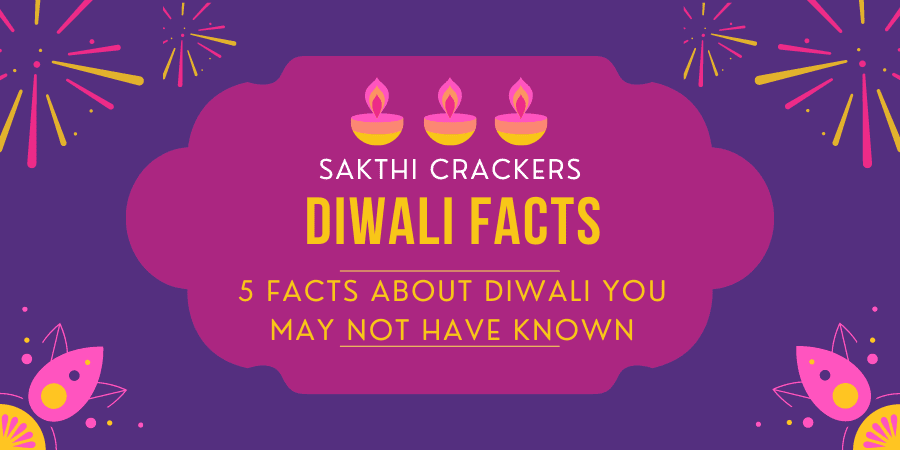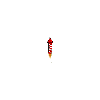5 FACTS ABOUT DIWALI YOU MAY NOT HAVE KNOWN
Diwali/Deepavali is a festival of lights, firecrackers, and new outfits. While we all look forward to the major event, I’ve posed these questions to a number of people, who are frequently surprised by the answers. As a result, we decided to write an article on it, and we’re confident you’ll enjoy it.
First: Did you know which countries celebrate Diwali?
Of course, India, but did you know that it is a national holiday in other countries?
• In Pakistan (Sindh Province), Nepal, Singapore, Malaysia, Myanmar, Guyana, Mauritius, Fiji, Sri Lanka, Suriname, and Trinidad & Tobago, Diwali or Deepavali is a public holiday.
• Diwali is also celebrated in Nepal, where it is known as ‘Tihar’ or ‘Swanti.’ On the fourth day, the Hindu God of Death, Yama, is worshipped in the hopes of giving people a longer life.
• In Malaysia, Diwali is known as ‘Hari Diwali’ and is celebrated in the month of Ashwayuja. In Malaysia, it is a national holiday.
Second, did you know that Diwali is only observed by Hindus?
Diwali is celebrated by four religions.
• Since 1577, when the foundation stone of the Golden Temple was placed on Diwali, Diwali has been a significant celebration for the Sikhs.
• Because Lord Mahavira gained Moksha or Nirvana on Diwali, the Jain community in India celebrates New Year’s Day on the next day of Diwali.
• In Nepal, the Newar Buddhists celebrate Diwali over five days, in the same manner, and on the same days as Hindus.
Third, when did fireworks become a part of the picture?
• Fireworks were first documented in China in the 7th century, when they were invented.
• Many different types of fireworks were utilised to accompany various celebrations. It is thus a component of Chinese culture and originated there, before spreading to other civilizations and societies. Fireworks were first used for festivals in India during the 16th century.
• And some of the most spectacular fireworks displays take place in the United Kingdom and the United States: On November 5th, Guy Fawkes Day is commemorated in the United Kingdom with a massive fireworks display. And the Fourth of July, the United States’ Independence Day, is a spectacular fireworks display, with large communities competing for the grandest display.
Fourth, did you believe Diwali was only a one-day celebration?
The majority of the young people we polled were stumped by this one. The fact is that Diwali is a 5-day event.
• Diwali’s first day is known as Dhan Teras (Dhanvantari Triodas), and it marks the official start of the festival.
• The Kali Chaudas or Narak Chaturdasi is the second day of Diwali week. In some parts of India, the day before Diwali is simply known as Choti Diwali.
• The third day of the celebrations is Diwali/ Deepawali, when Goddess Lakshmi and Lord Ganesha are honoured. People burn diyas and candles in their houses, and millions of sparklers, crackers, and fairy lights fill the streets across India.
• The fourth day is observed in India in a variety of ways. This day is celebrated with considerable pomp and show in the Western states of India, such as Gujarat, as Bestu Baras, or the New Year, according to their calendar.
• Bhai Dooj, Bhai Beej, Bhai Teeka/ Tilak, and Bhai Fota are all names for the fifth day of Diwali celebrations (In Bengal). On this day, brothers pay visits to their sisters, and the sisters celebrate and make sweets in their honor, wishing them a long, happy, healthy life and great success.
Fifth, is it true that many gambles during Diwali?
Yes, and it has been discovered that it is more popular in North India.
• Gambling on Diwali is thought to bring good fortune and prosperity in the coming year.
• Dice games were popular in ancient India, and it’s been argued that Diwali, which also marked the end of the harvest season, was one of the few times when a hardworking farmer had some extra cash and leisure time to enjoy life and play dice or wager money.





